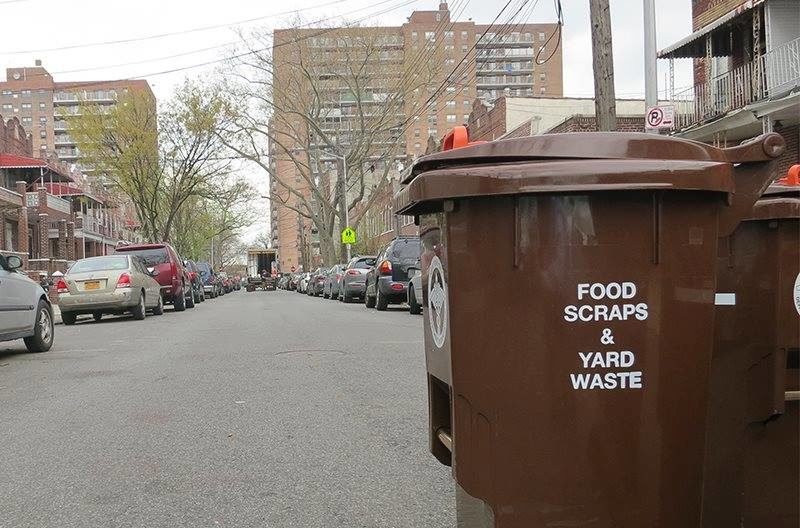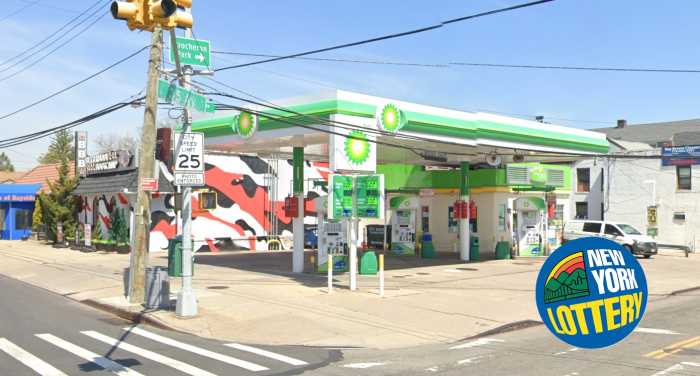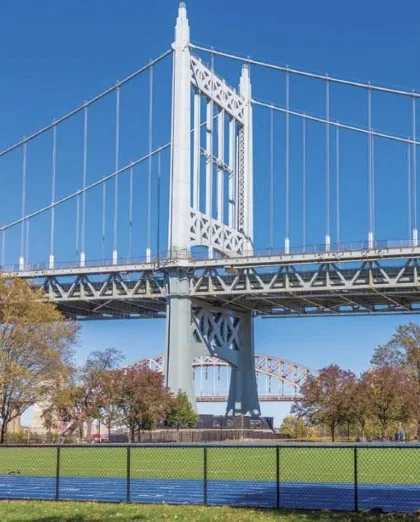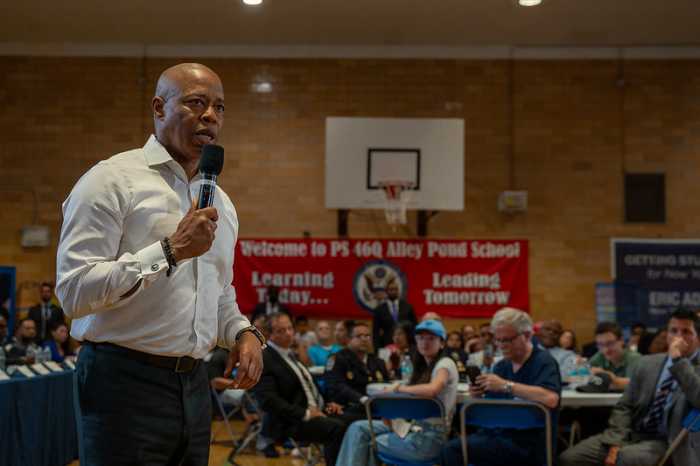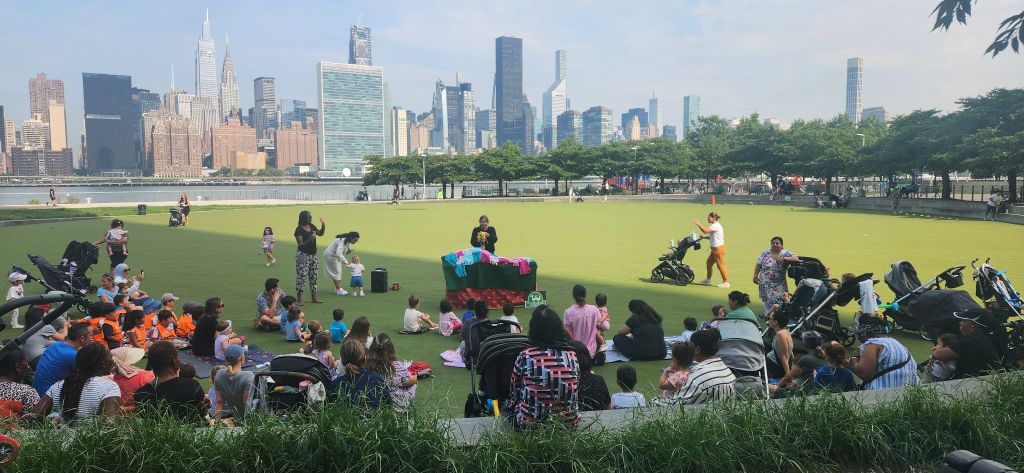The city’s Sanitation Department (DSNY) will expand its organic food recycling program to areas including Whitestone, Flushing and Long Island City in the coming months.
Brown bins for organics recycling will be delivered to the following neighborhoods in the beginning of September: Auburndale, Bay Terrace, Beechhurst, Briarwood, College Point, Flushing, Fresh Meadows, Hillcrest, Holliswood, Jamaica Estates, Jamaica Hills, Kew Gardens Hills, Linden Hill, Malba, Queensboro Hill, Utopia, Whitestone and Willets Point.
Organics collection service will start for the above neighborhoods the week of Oct. 2.
The program will also expand to Kew Gardens, Long Island City, Ozone Park, Richmond Hill, the Rockaways, Sunnyside, Woodhaven and Woodside in October. The first organics collection will occur the week of Oct. 30.
All single-family homes and buildings with nine or fewer residential units in the area are automatically enrolled in the program, but participation is voluntary. Each residence will be provided with a starter kit, including an indoor kitchen container, a brown outdoor bin and an instructional brochure. Residents can place food waste, including food scraps, food-soiled paper products, flowers and houseplants, into the indoor container, then dump it into the outdoor bin for weekly collection.
Look up your organics collection schedule here.
Organics recycling was implemented in areas of Bayside, Douglaston, Little Neck and Ridgewood in December of 2016. Southeast Queens neighborhoods were included in late 2015 and early 2016.
According to DSNY, operating a curbside program helps reduce the city’s waste sent to landfills, deters pests by storing food waste in special rodent-resistant bins and creates compost or renewable energy. The city stands to save tens of millions of dollars by reusing organic waste rather than exporting it to landfills, according to a 2015 DSNY report.
To learn more about the program, visit the DSNY website.

